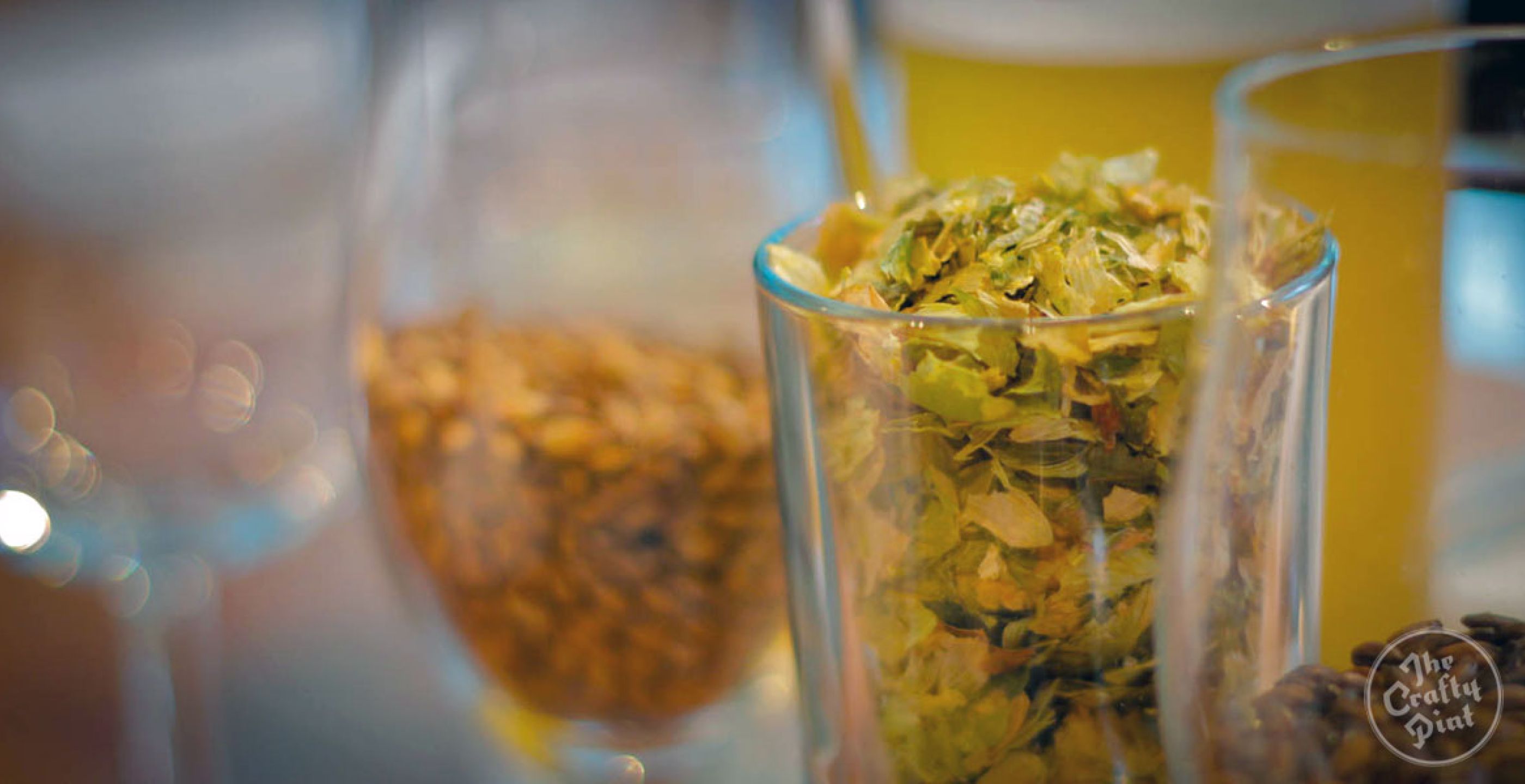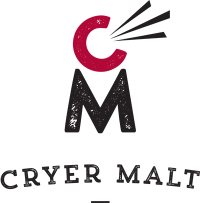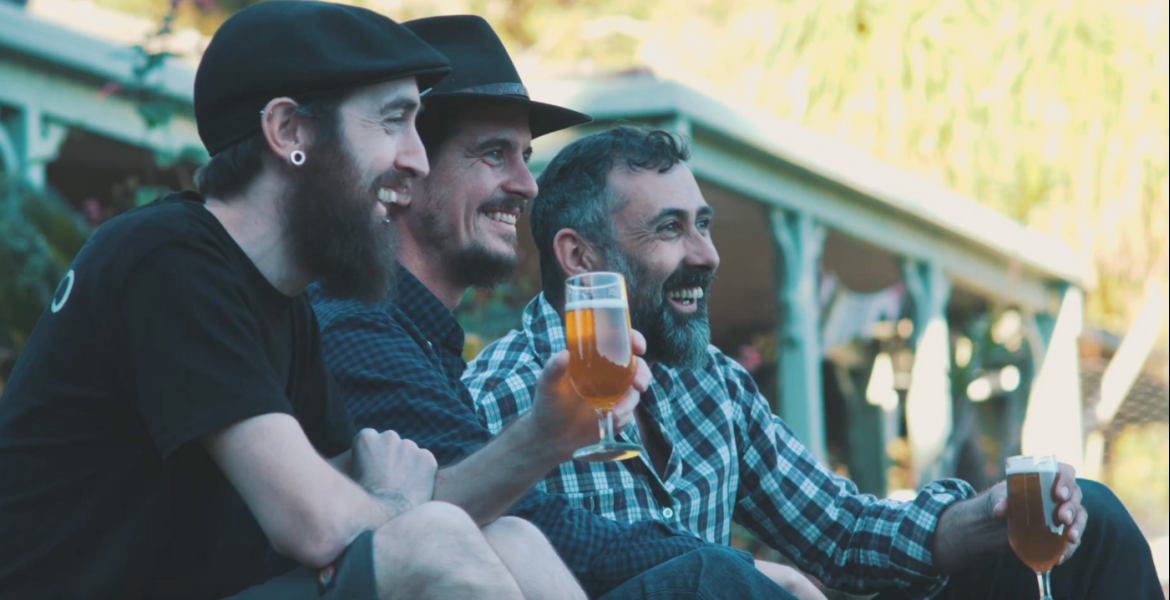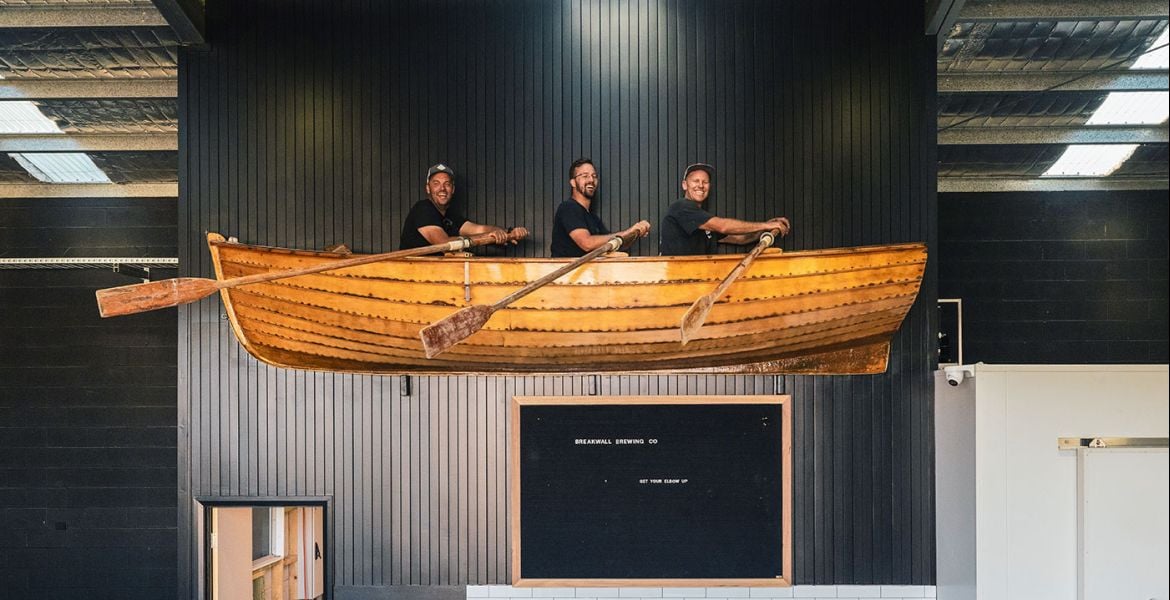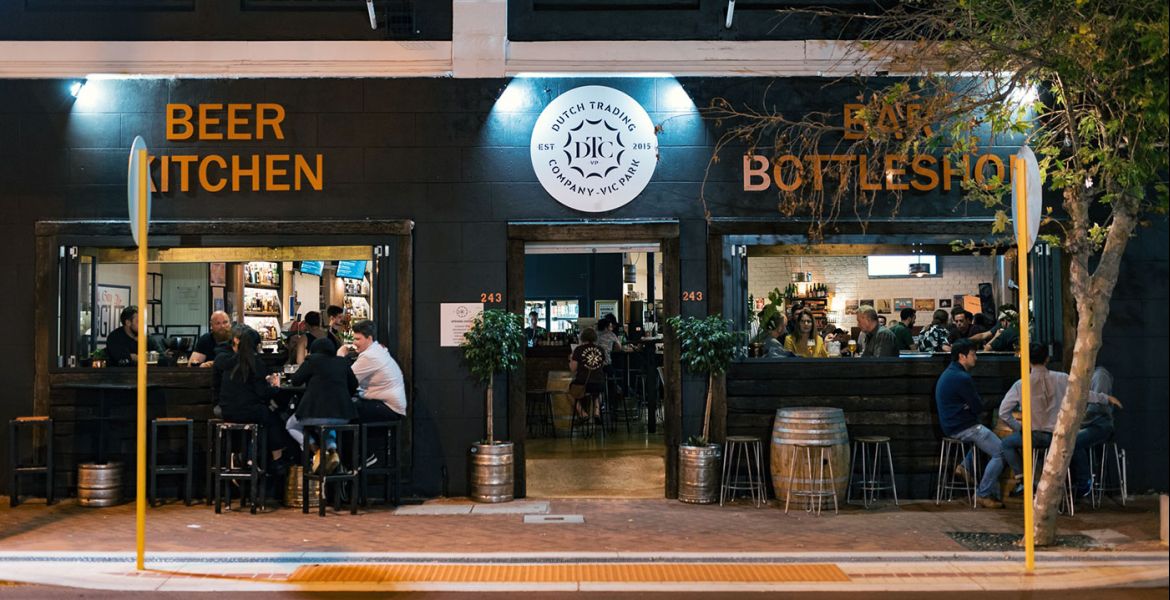Walking into Jan Bruckner’s beer haven is like stepping back in time.
The Last Drop Brewery HQ is nestled in a Perth tourist attraction at which visitors are transported to an Elizabethan Village. Even a replica of the house occupied in the late 1550s by the world’s greatest story-teller, William Shakespeare, resides near Bruckner’s stable-like workhouse.
Yet Jan’s approach to his beers goes deeper into history: back to the Middle Ages, when brewing was a lot simpler. Long before Germany was, well, Germany.
Jan is a disciple of the Reinheitsgebot. To the uninitiated, this doesn't mean he's part of a religious group but instead means he has a passion for the ideals of the Bavarian Purity Law, which have created ruction in the broader beer church for centuries.
On April 23, Germans (at least, the vast majority of them) will proudly celebrate the 500th anniversary of the Reinheitsgebot, which, in a very condensed definition, was a decree that required all beers in the region of Bavaria to use only water, hops and malt as ingredients. Nothing else.
Duke Wilhelm IV’s doctrine, which grew to cover all of Germany upon unification, is so old it pre-dates the recognition of yeast, whose fermentation properties were only uncovered by Louis Pasteur three and a half centuries later.
It is extraordinary, considering modern methods of food production and consumption, that a law stretching back to when Henry VIII was on the British throne could still be in operation and so faithfully followed by so many – albeit watered down in wider Germany.
But for Jan, the Reinheitsgebot is more than just a parameter for what can be used in beer.
“It is an ethos,” he says. “I take the purity law more as a guideline for people. We are doing the best we can to produce the best beer possible.
“We are not cutting corners. It is all about the process. It is about how long we leave beer in tanks as much as water, yeast, malt and hops. It is more expensive to brew that way so it has to be a quality decision.

“It is not shortening the time for lagering. Some of those beers are in tanks for 12 weeks here. That is a long time by modern standards. For ales it is at least three to four weeks.
“It is more expensive to brew with malt only and without adjuncts. But that is all about the quality you have to follow in Reinheitsgebot. And it can be a challenge because there are less tools to remove mistakes in the beer. These days with technology and science there are ways to add and take things out of beer."
Jan is a native of the Czech Republic and came to Australia 25 years ago to start work with Horst Kempf, a proud follower of the purity law. In setting up Last Drop, Horst obtained yeast from Bavaria’s Weihenstephan, the brewery considered a custodian of Reinheitsgebot.
However, while Weihenstephan has lived through all incarnations of the 1516 decree, there are critics who suggest the brewer is now using the concept as a marketing exercise. They question how the company’s wheat beers can claim to be brewed under the 1516 purity law, as displayed on the label in Australia, when wheat, along with rye, was originally banned from breweries in order to protect bakers from high prices.
Yet Jan is content when saying his wheat beer follows the guidelines because the “purity law eventually allowed some exceptions for ales.”
Although the Czech region wasn’t compelled to adopt the law, Jan admits his homeland had something in common with its Bavarian neighbours.
“Everything was very traditional in Czech [with it] being behind the Iron Curtain. Ingredients weren’t so readily available and we weren’t exposed to as much modern technology. In a way it was good because it was preserving traditional recipes and methods a bit like Reinheitsgebot,” he says.
“When there was a changeover in 1989 we had a large influx of foreign investment, particularly large breweries which completely changed the market.
“Each town of 20,000 people had their own breweries. After 1989, the buy-outs came and the consolidation of breweries killed the market. Beers were made with sugar and adjuncts and people weren’t used to it. The commercial beers we are now drinking we didn’t want to drink. It gets back to a ‘purity law’ not that we had it in Czech. But it is about the approach.”
The steadfast adherence among many brewers to Reinheitsgebot, or at least some form of it, has meant the craft beer revolution has been slow to take hold in Germany. However, a European Court of Justice ruling in 1987, which declared that the purity law created intra-European trade barriers, in direct violation of the Rome Treaty, allowed foreign products to be imported under the name “beer” and thus opened to the doors for those wanting greater variety in tastes.
The boundaries could be stretched, just as they are across the world by many brewers, such as Melbourne's Moon Dog, who, it's fair to say, aren't adherents to the 500-year-old law.

As far as Moon Dog is concerned, Reinheitsgebot could be "a type of Teutonic water shoe". Jake and Josh Uljans, along with Karl van Buuren, have used almost anything found in a pantry – and elsewhere – in their brews. There have been beers brewed with cucumber, tomato puree, coffee, fresh mint, peppers, Redskin lollies, truffles – even another beer put into Moon Dog concoctions.
“I’m no zealot when it comes to saying beer should be made in any type of way,” said Josh. “We have always approached beer that it doesn’t matter what goes into it as long as it is delicious.
“We have the utmost love and respect for those that go a different route and make beers that are more traditional in their approach. And I certainly enjoy drinking steins of delicious German lagers in beer gardens surrounded by sausages and sauerkraut.
“But historically there has been a lot of stuff go into beers. It has been a case of put in what’s available.
“Whether you follow the Reinheitsgebot or are using different adjuncts or different ingredients the aim is to make something that people enjoy drinking.”
However, Josh – like, no doubt, countless brewers around the globe – is confident the Reinheitsgebot missed one crucial ingredient in its decree. And it's not yeast.
“There has to be love. That is the foundation of craft beer. There is always a lot of love,” says Josh.
“I don’t think many go into the world of craft beer trying to make a quick buck. They’re in it because they love it and want to be make something that puts smiles on people’s faces. I guess that is the law we all try to follow.”



